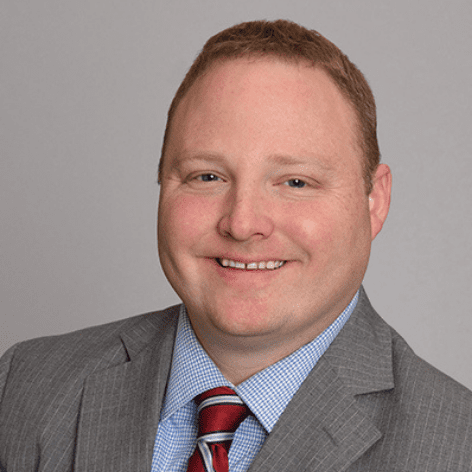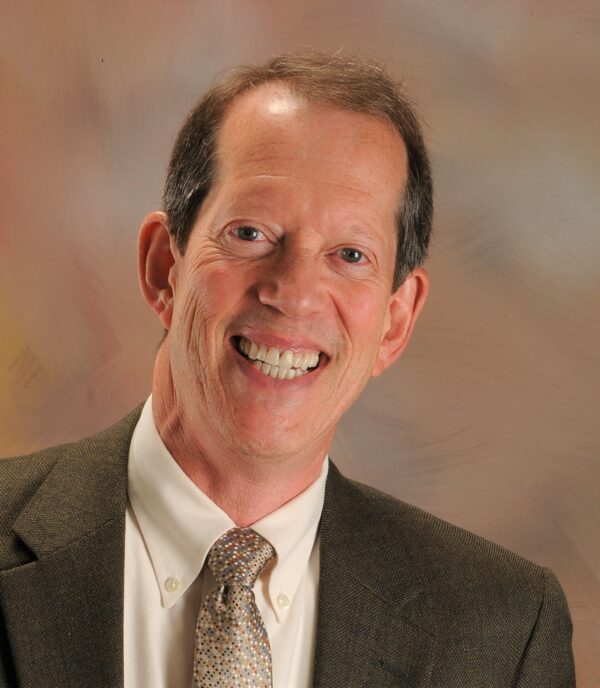OneOp courses are available for free through Thinkific. Get started by registering for a free account on Thinkific.

- This event has passed.
Monitoring Safety Planning, Supervision, and Treatment Progress
March 20, 2023 @ 8:00 am - 5:00 pm CDT


Course 4 identifies the key components of an effective safety and supervision plan for families and youth who present with PSB.
NOTE: Please complete each course in the PSB-CY course series, as the series material was created to be completed fully and sequentially.
Key areas of review include:
- Strategies for determining what level of care is best to meet the youth with PSB needs and the safety of others.
- When and how to implement and adjust safety and supervision planning, including the potential to seek higher levels of care.
- How to determine when treatment needs have been met and when treatment may come to closure given the skills and plans families have acquired over the course of treatment.
Courses Details
As discussed in prior lessons, initial and ongoing assessment is crucial to ensure the safety of the youth with PSB as well as others. Team-based decision-making for monitoring safety and supervision plans will be outlined. Decision-making, whether to loosen restrictions or increase steps for safety, can be challenging and will change over the course of treatment. Caregiver investment and engagement are vital to a youth’s success, including ensuring the safety plan is followed as prescribed. While a small percentage of youth will require out-of-home placement options, most families and youth will be working with providers on an outpatient basis.
The course highlights strategies that caregivers and professionals can use to assess and plan how to gradually decrease restrictions and safety rules over time, including the use of electronic devices. Additionally, this lesson identifies additional resources that may need to be incorporated to enhance treatment progress.
Following this course, the learner should be able to:
- List the key components of an effective Clinical Safety and Supervision Plan for youth with PSB.
- Monitor treatment planning and implementation, including coordination among all professionals involved with the family.
- Summarize strategies that caregivers should use to assess when and how to gradually decrease safety and supervision over time, including electronic monitoring.
- Identify other needed resources that may need to be incorporated to enhance treatment progress.
- Identify strategies used to determine when treatment needs have been met, allowing for a recommendation to end services, and collaborating with the MDT.
These courses are sequential and developed to be experienced in order. Each course will take the average learner at least 90 minutes to complete. Please plan to complete each of the four courses listed on the PSB-CY Courses homepage.
Prerequisites
Course 4 does not have specific prerequisites, but we highly recommend watching all sessions in the SBCY webinar series before taking the course. If you have not done so already, please plan to watch them before taking the course. CE credits are available for the webinar recordings!
Presenter

Paul Shawler
Dr. Shawler is a Licensed Clinical Psychologist and founder of Shawler Psychology, PLLC, a behavioral health treatment and consulting company located in Southern Illinois. Dr. Shawler serves as a consultant and trainer for NCSBY. His areas of interest and expertise include policy development and implementation of evidence-based programs for children and adolescents, juvenile justice and child welfare system reform, training in trauma-informed practices and prevention of child maltreatment, family systems, and the treatment of youth with developmental disabilities.
Prior to opening his independent practice, Dr. Shawler served as an Assistant Professor at the University of Oklahoma Health Science Center where he conducted research and published numerous academic papers. He was appointed by the Governor of Oklahoma in 2017 to serve on the State Advisory Group for Juvenile Justice and Delinquency Prevention and later served as the Chief Psychologist for Oklahoma’s statewide juvenile justice agency. He is a strong advocate for data-driven policy and family-centered services which impact the trajectory of youth who have engaged in problematic and illegal behavior.
Dr. Shawler served 14 years in the Army National Guard, achieving the rank of Major, prior to prioritizing his civilian career opportunities. He completed his doctorate and master’s degree in clinical psychology from Oklahoma State University and completed his fellowship training at the University of Oklahoma Health Sciences Center in the Center on Child Abuse and Neglect. Paul grew up in Hurricane, West Virginia, and received his B.S. in Psychology from West Virginia University.

David Kolko
Dr. Kolko is a Professor of Psychiatry, Psychology, Pediatrics, and Clinical and Translational Science, at the University of Pittsburgh School of Medicine. He directs the Special Services Unit at UPMC Western Psychiatric Hospital, a program devoted to the development and dissemination of evidence-based practices for children/adolescents who are victims and/or perpetrators of physical/sexual aggression being served in diverse community settings, such as juvenile justice, child welfare, pediatric primary care, and mental health.
He is also director of the Services for Adolescent and Family Enrichment program (SAFE) which collaborates with Juvenile Probation of the Allegheny County Juvenile Court youths to deliver comprehensive outpatient services to youth adjudicated or placed on a consent decree for sexually abusive behavior by a Family Court judge. He is a co-developer of Alternatives for Families: A Cognitive Behavioral Therapy (AF-CBT), an intervention to improve family relationships for those experiencing anger, aggression, physical abuse, or child behavior problems.
Dr. Kolko is board certified in Child and Adolescent Psychology (ABPP) and a Fellow of the Society for Child and Family Policy and Practice (Div. 37), the Society of Clinical Child and Adolescent Psychology (Div. 53), and the section on Trauma Psychology (Div. 56) of the American Psychological Association. He served 2 terms on the Board of Directors of the American Professional Society on the Abuse of Children (APSAC), was Co-Chair of its Research Committee, received its Research Career Achievement Award for 2001, and received its William Friedrich Memorial Award in 2014.
His treatment research interests include the study and treatment of child abuse/family conflict, child behavior disorders/antisocial behavior, including fire setting and sexual offending, and the integration of pediatric behavioral health services in primary care.
Continuing Education Credit
- Social Work, Licensed Professional Counselors, and Licensed Marriage and Family Therapists: Programming approval for CE credits have been obtained for Social Work, Licensed Professional Counselors, and Licensed Marriage and Family Therapists from the UT Austin Steve Hicks School of Social Work.
- Certified Family Life Educators (CFLEs): Contact Hours from the National Council on Family Relations to CFLEs are available.
- Case Managers: Case Management Continuing Education Credits from the Commission for Case Manager Certification are no longer available for this course. However, please complete the evaluation at the end of the course to give us your feedback.
- Nurses: Contact hours through the Ohio Nurses Association are no longer available for this course. However, please complete the evaluation at the end of the course to give us your feedback.
- Certificates of attendance are available for providers interested in documenting their professional development activities.
For questions about continuing education opportunities, email us at [email protected].









